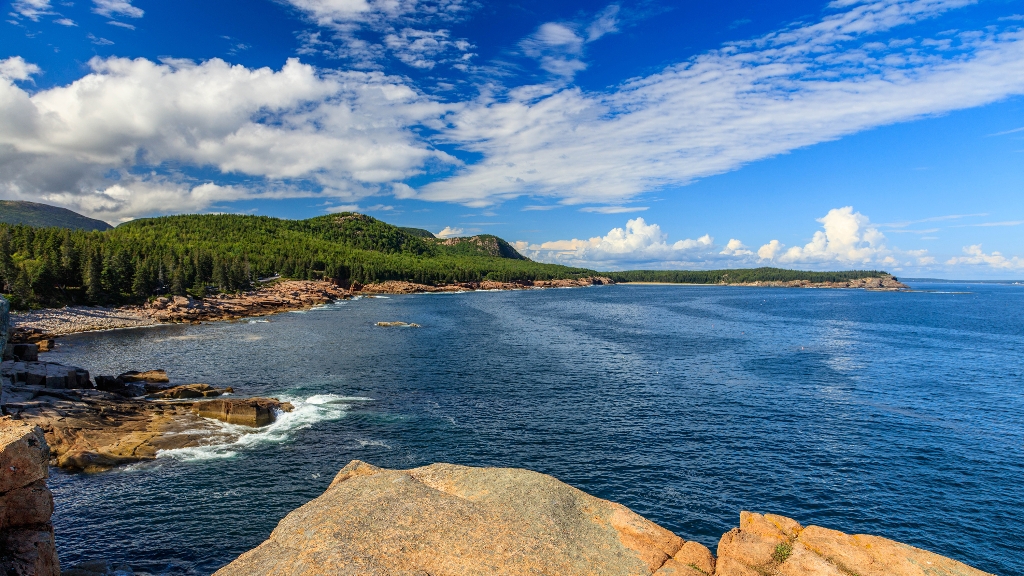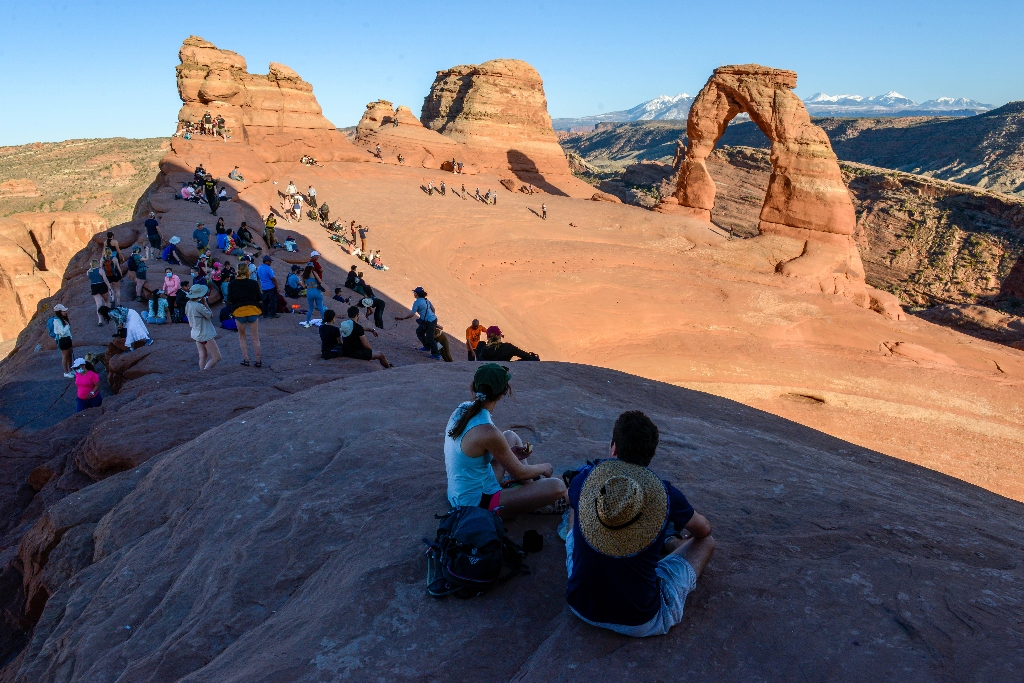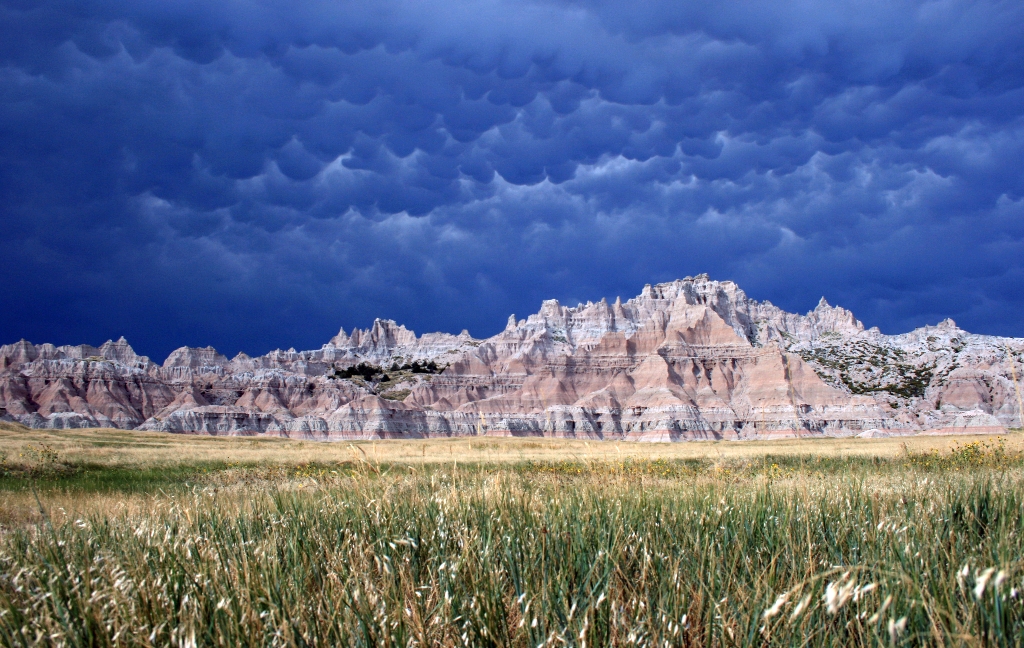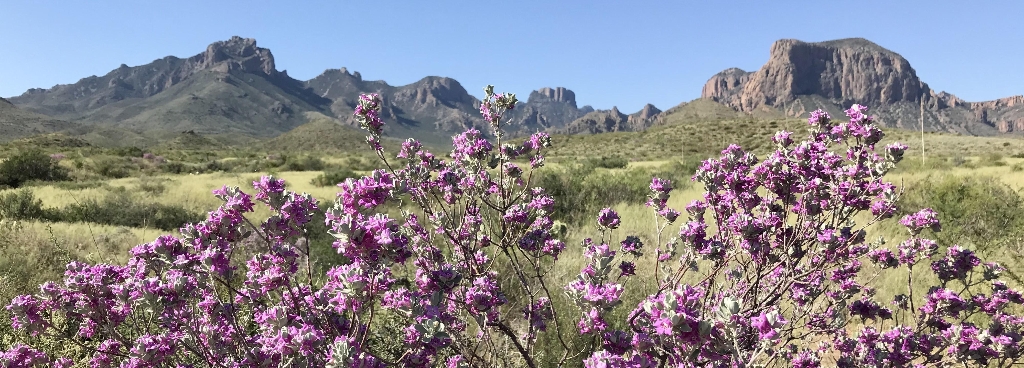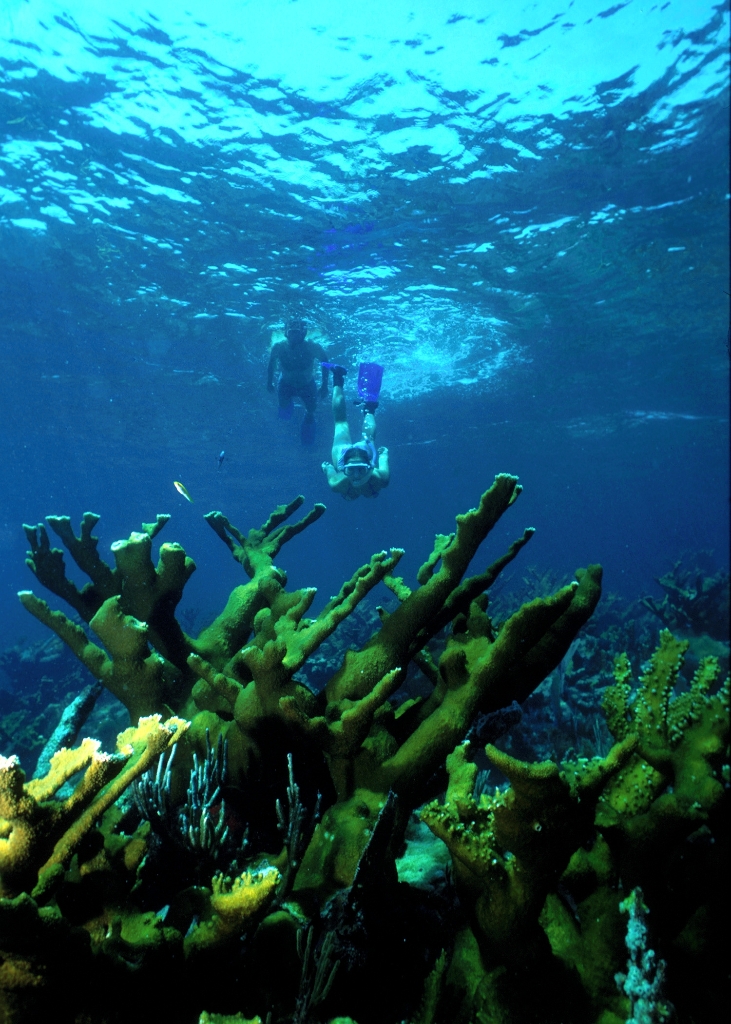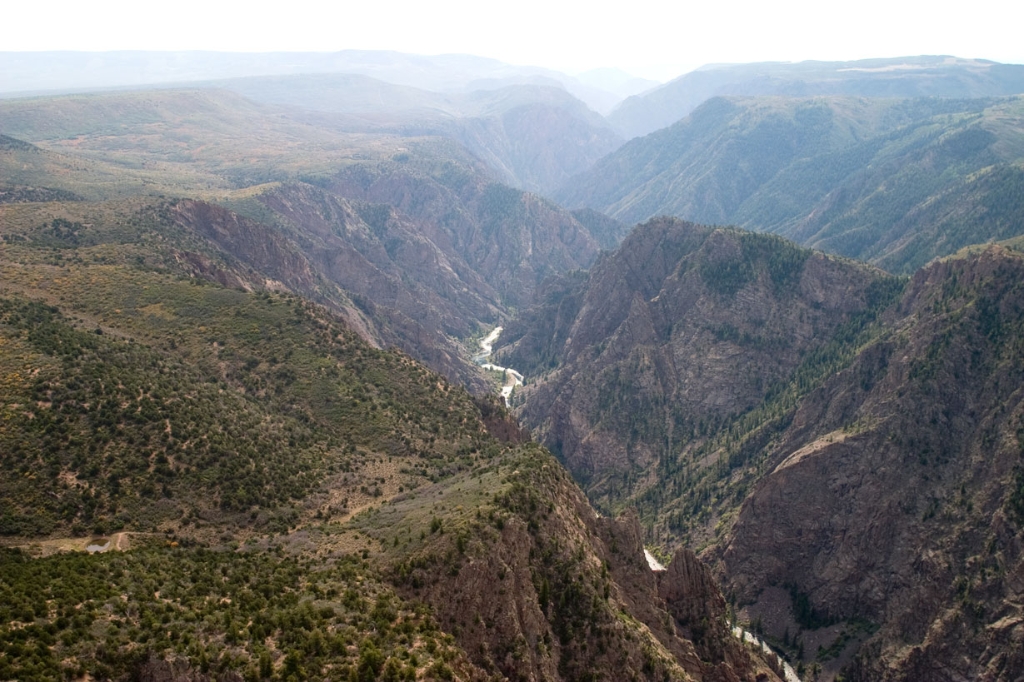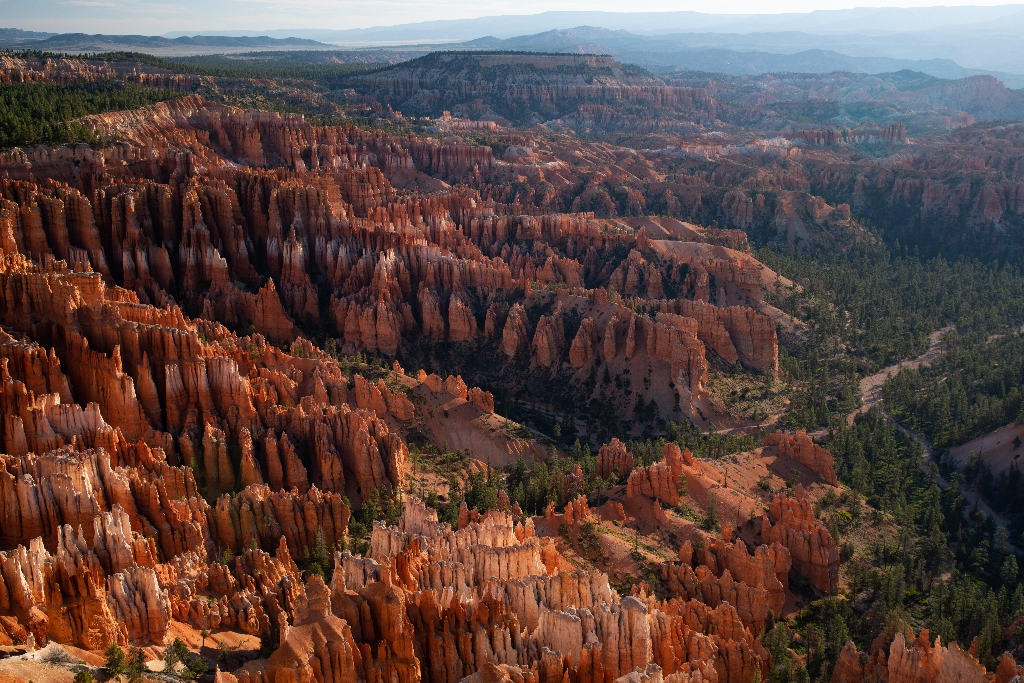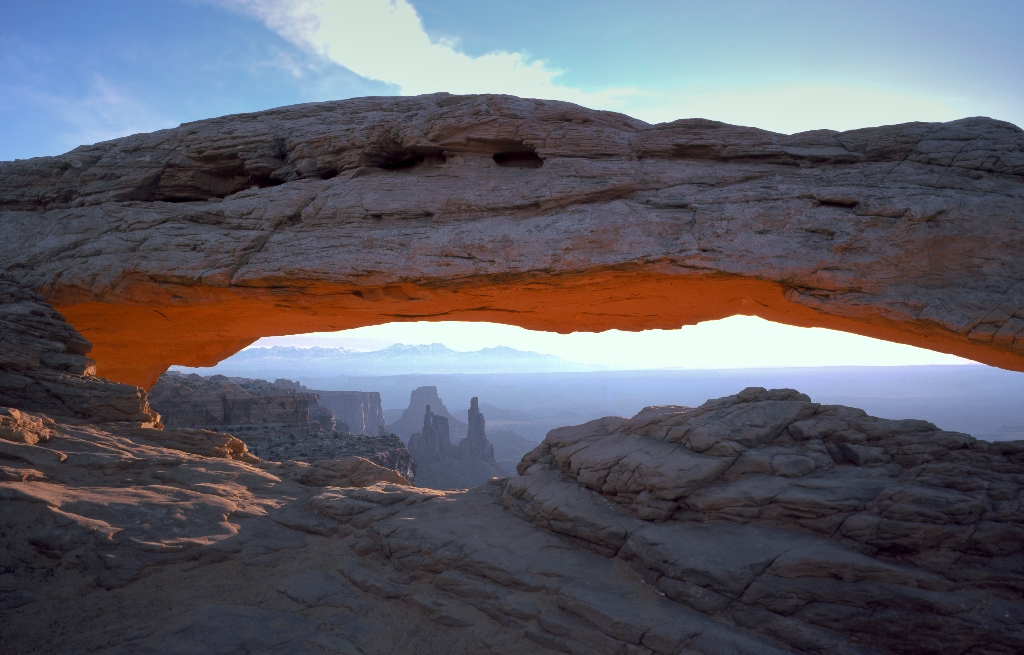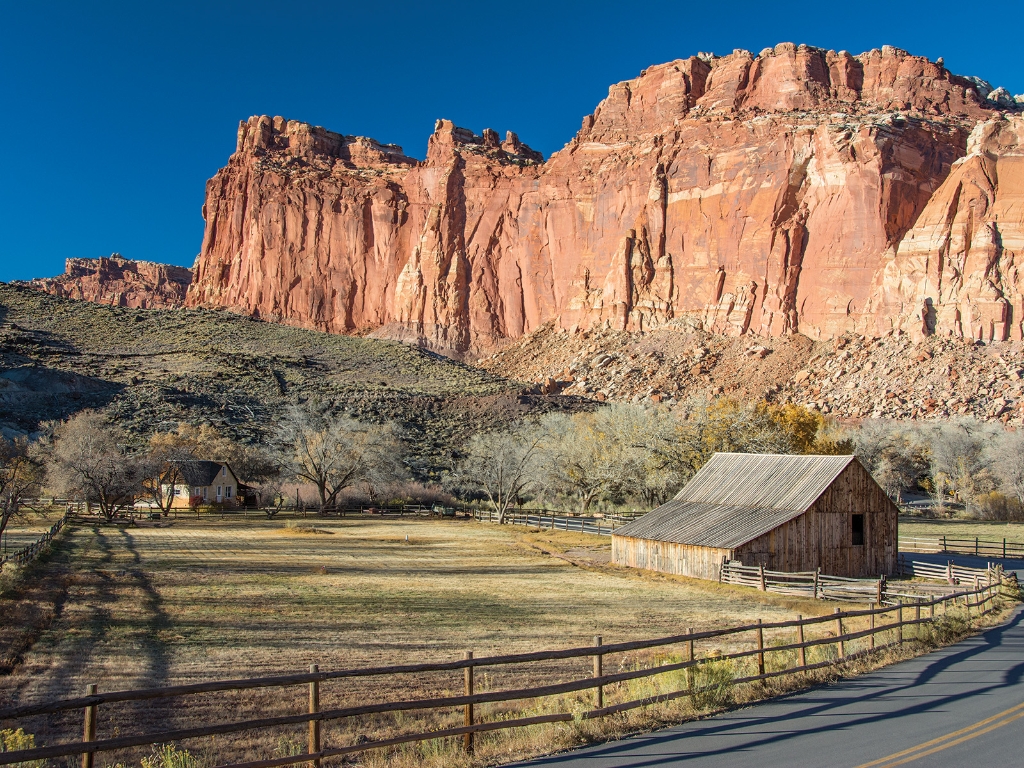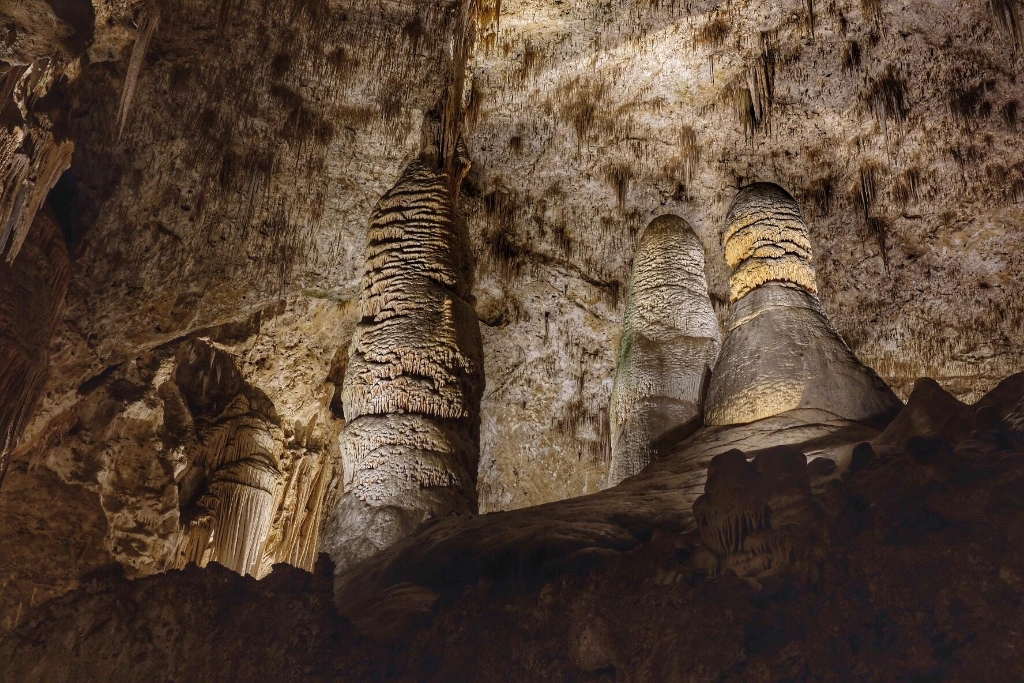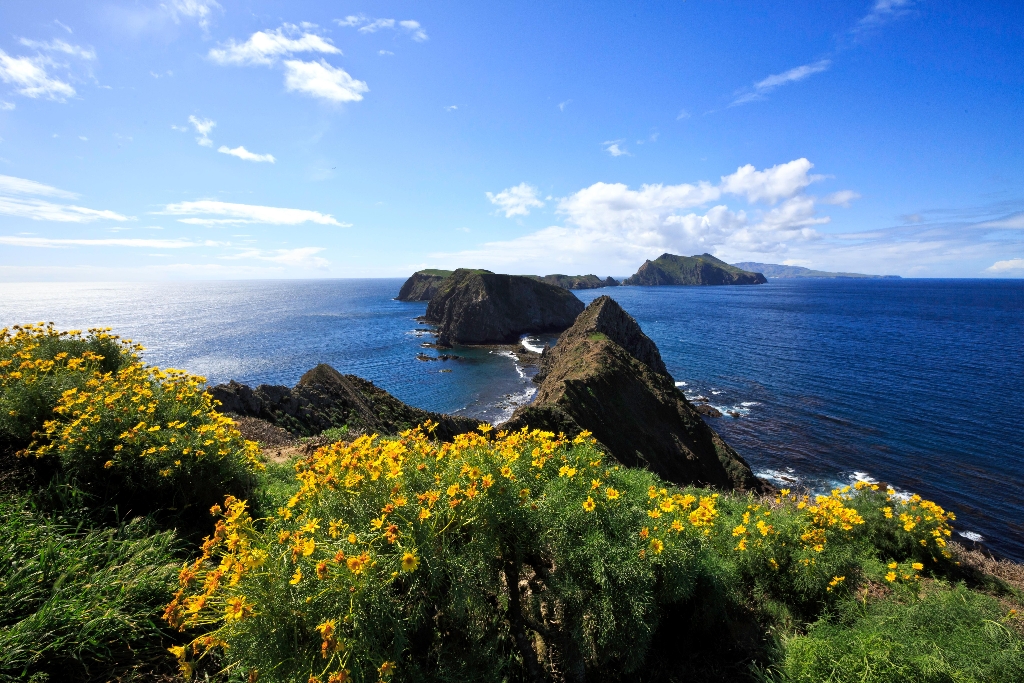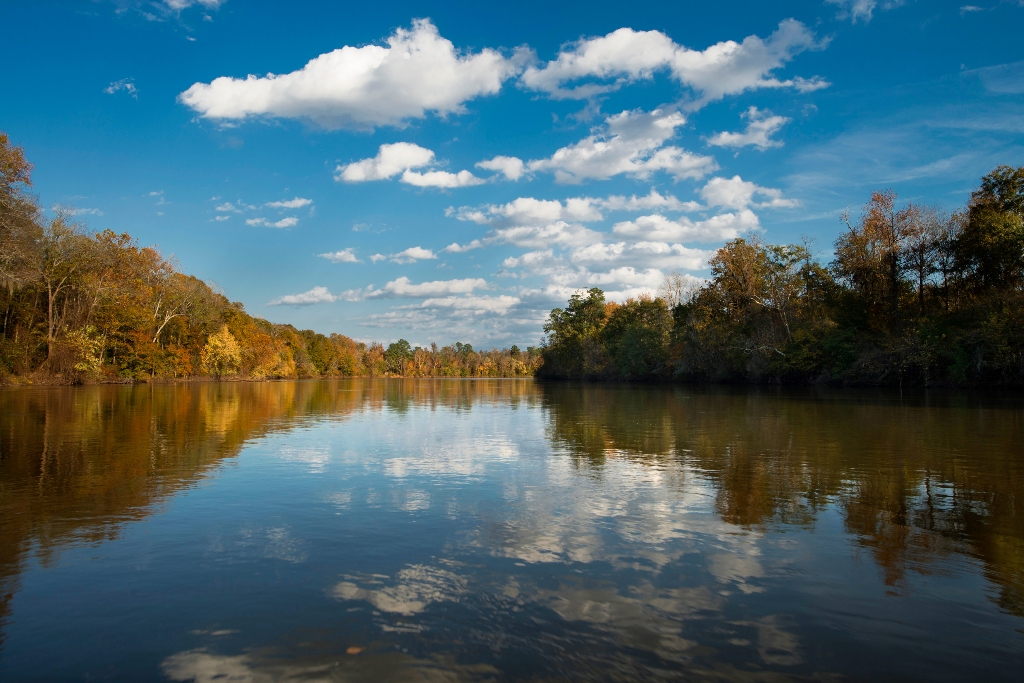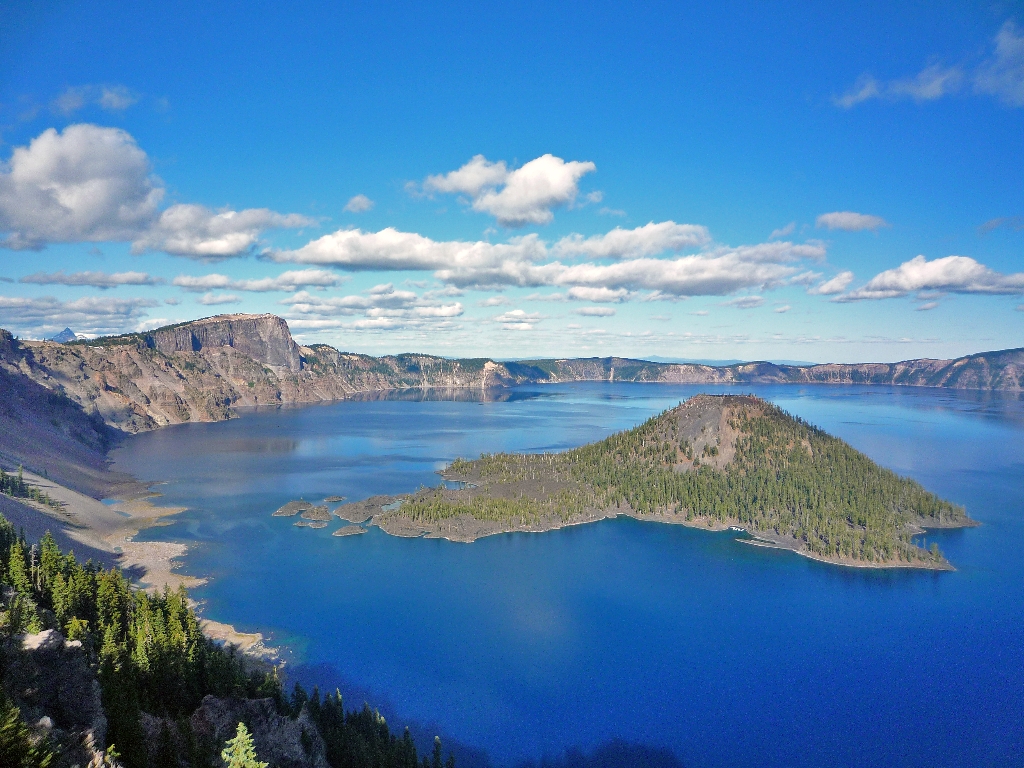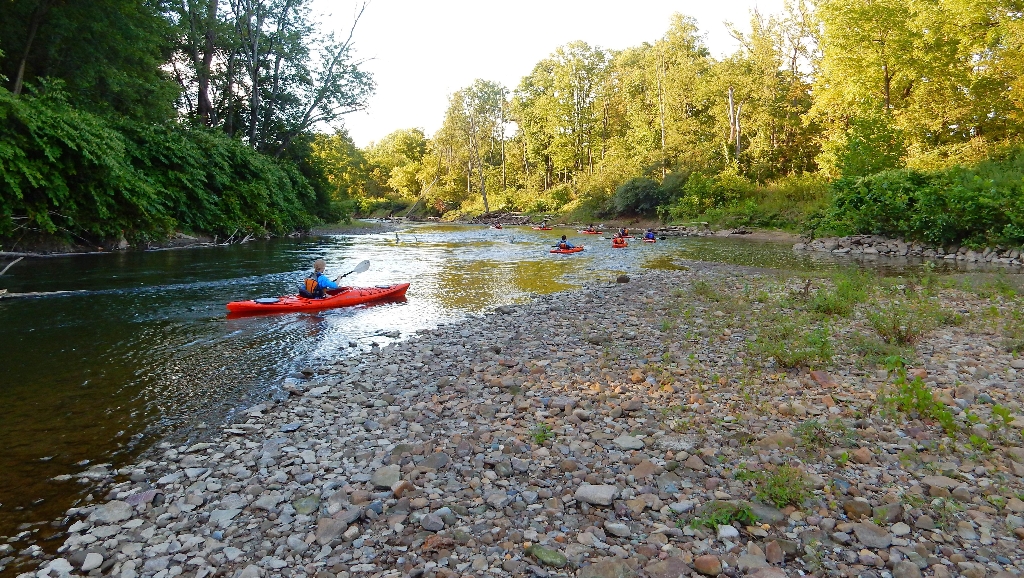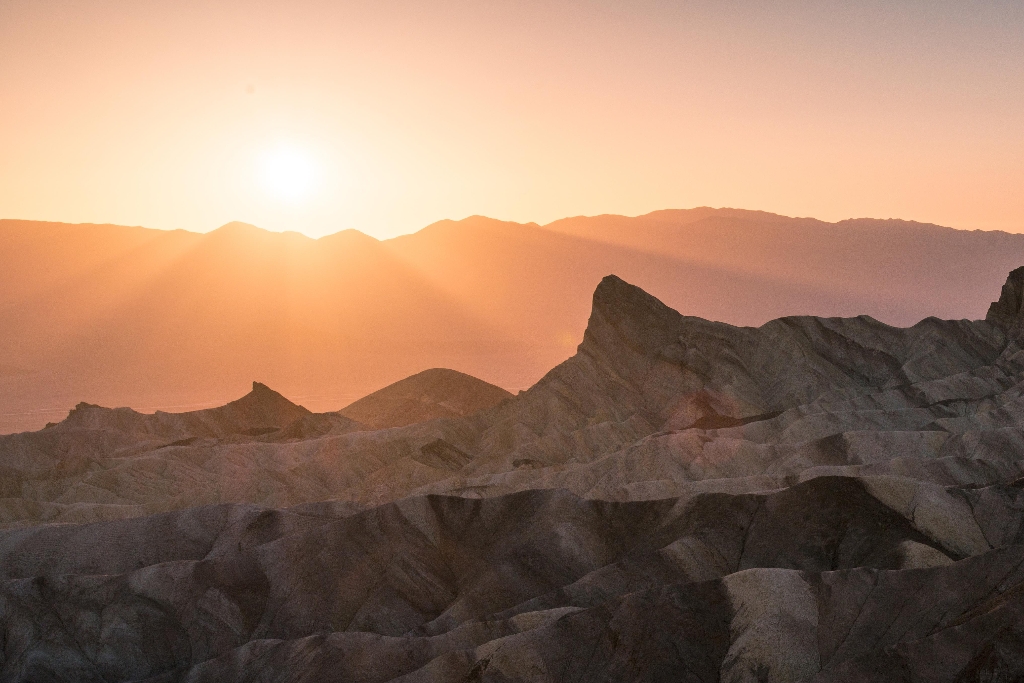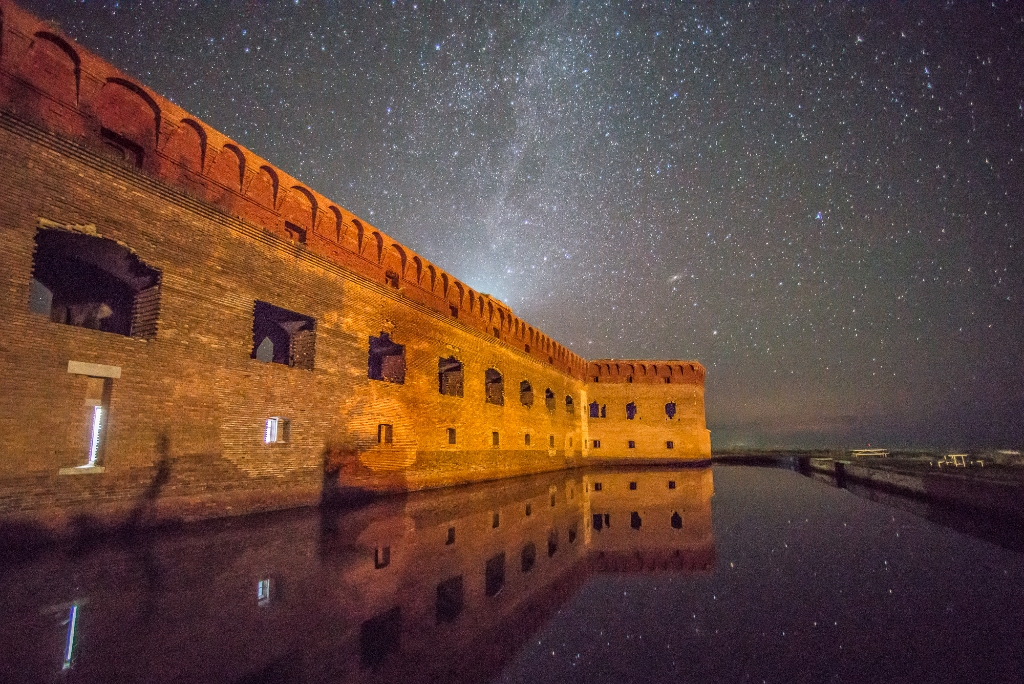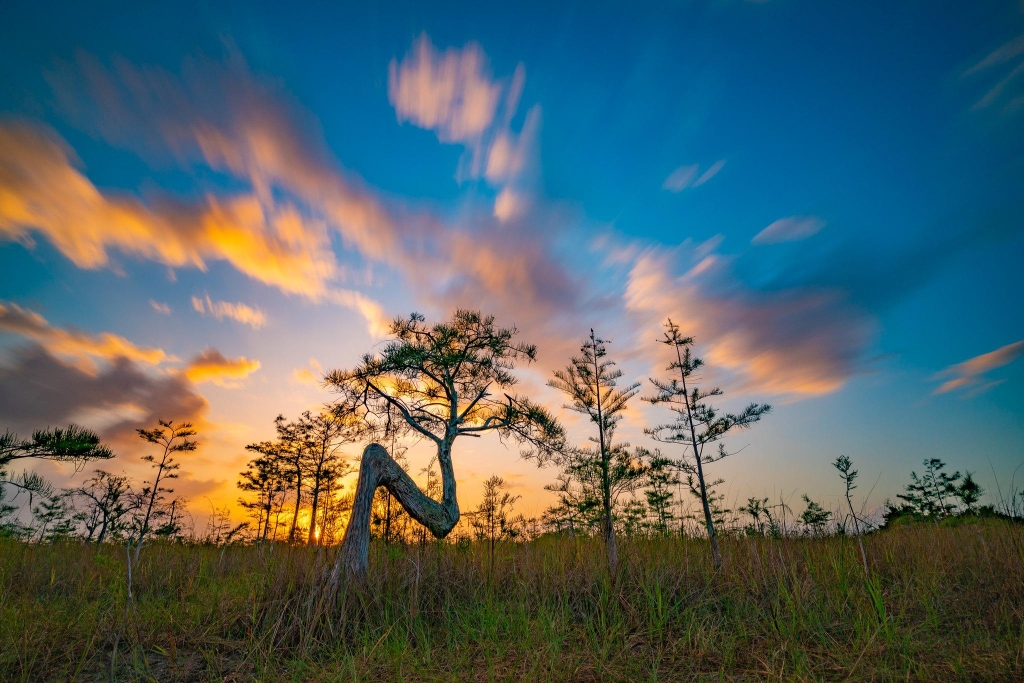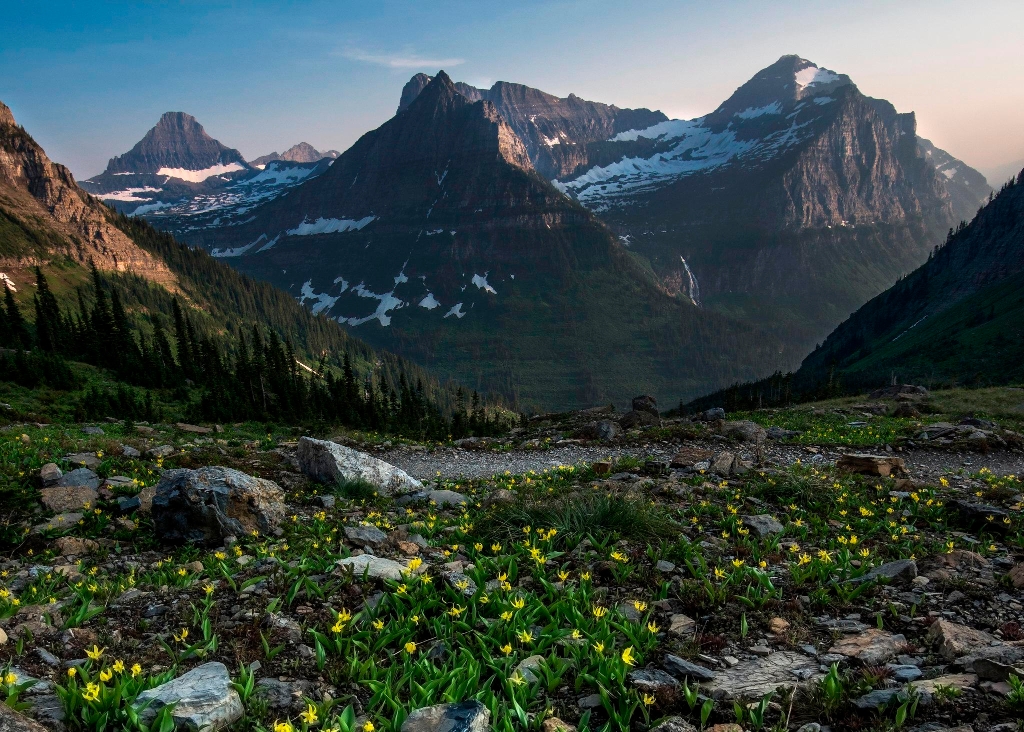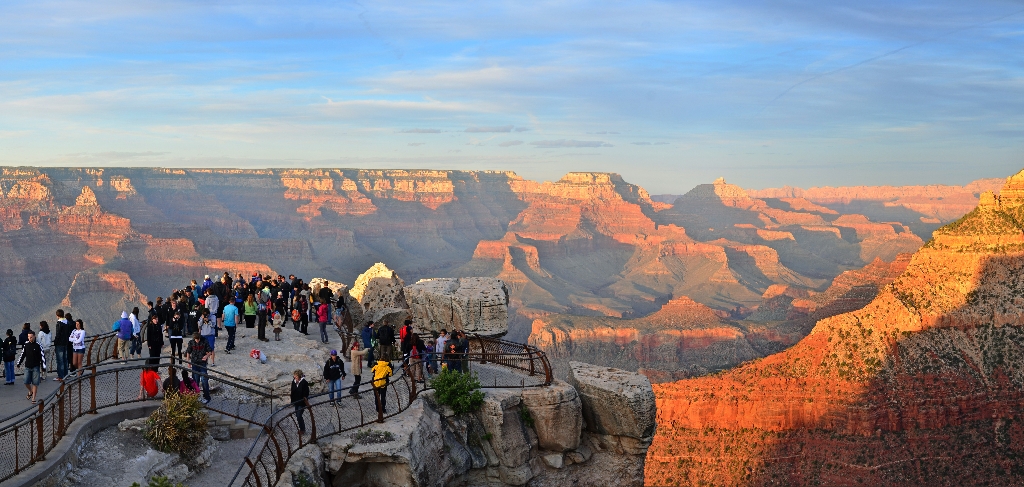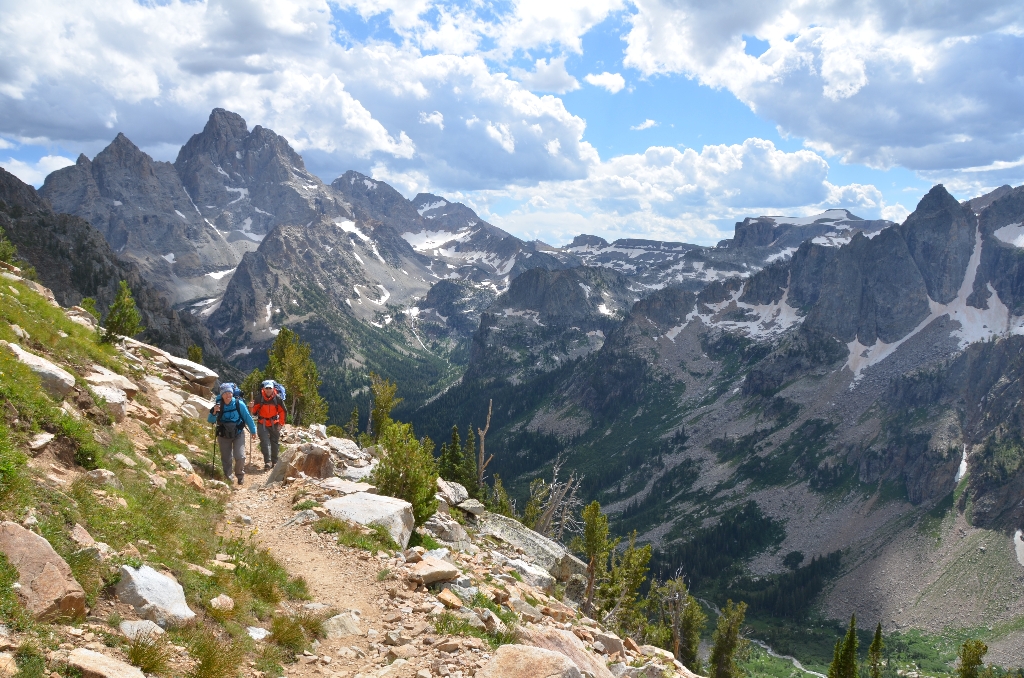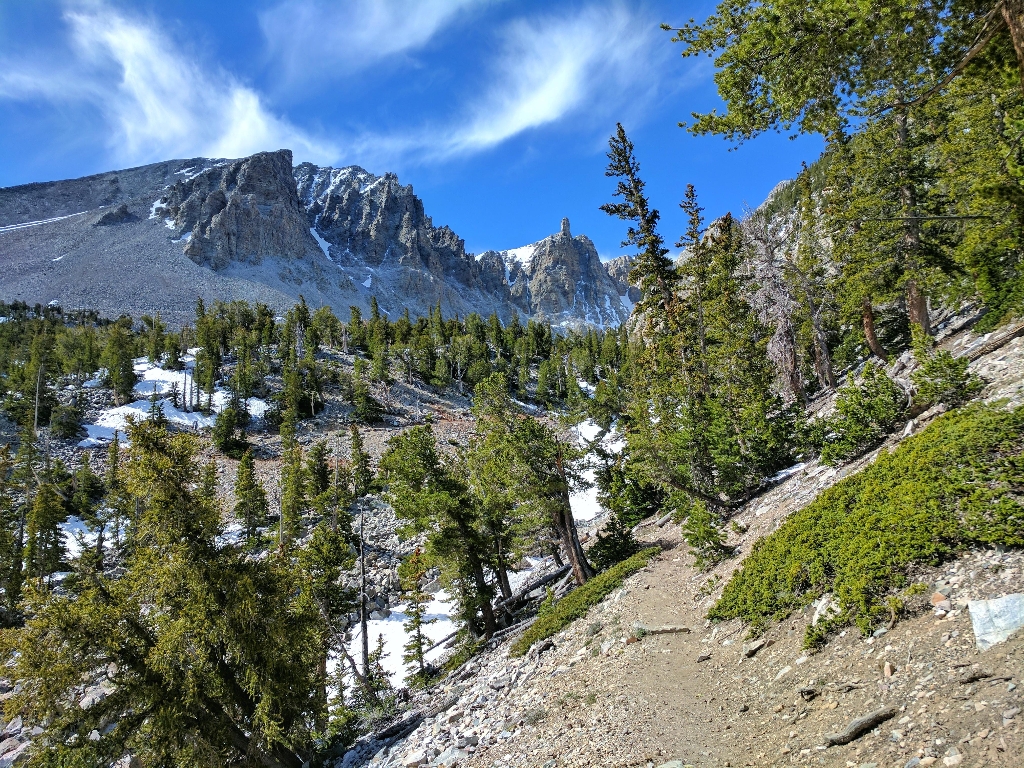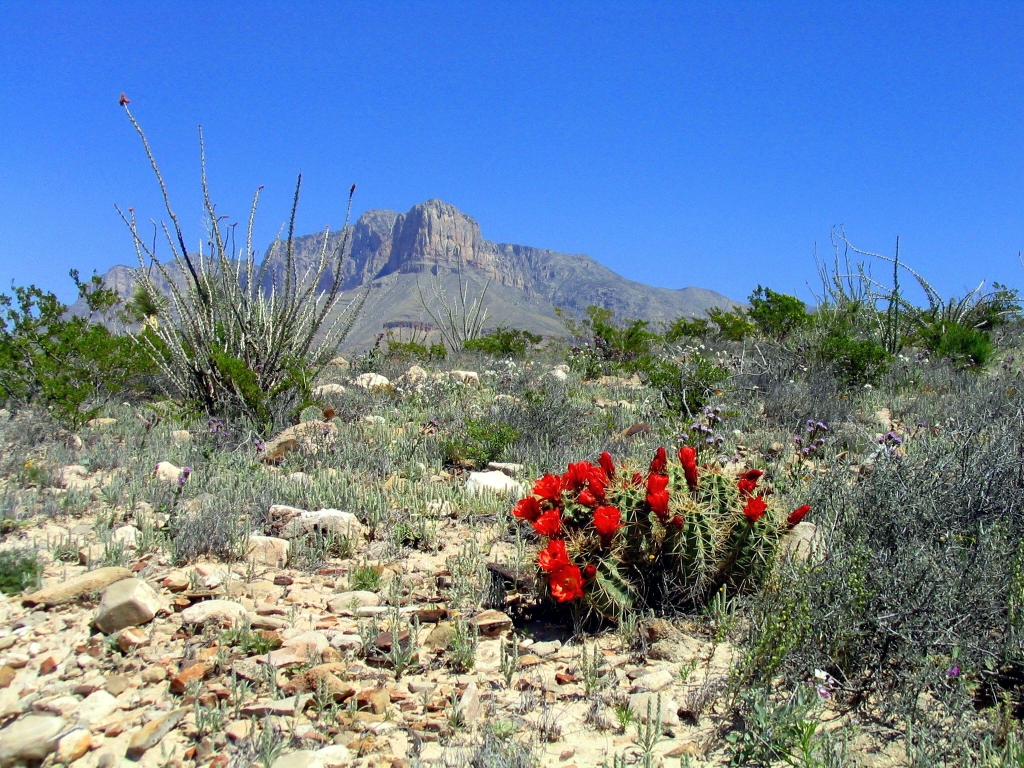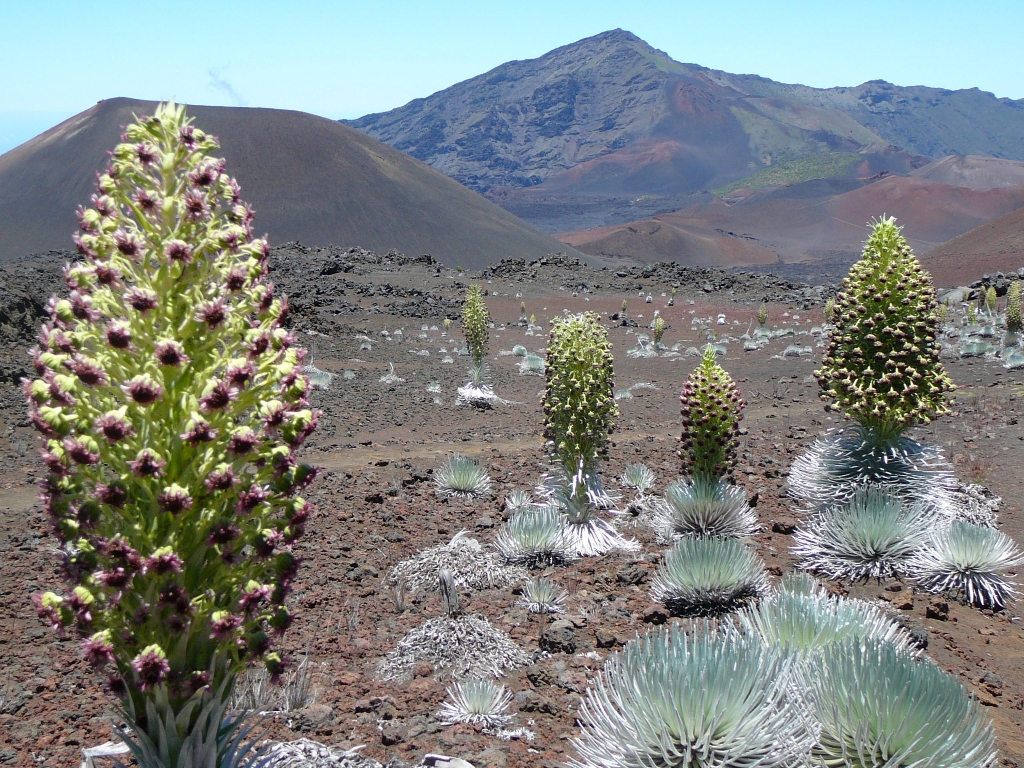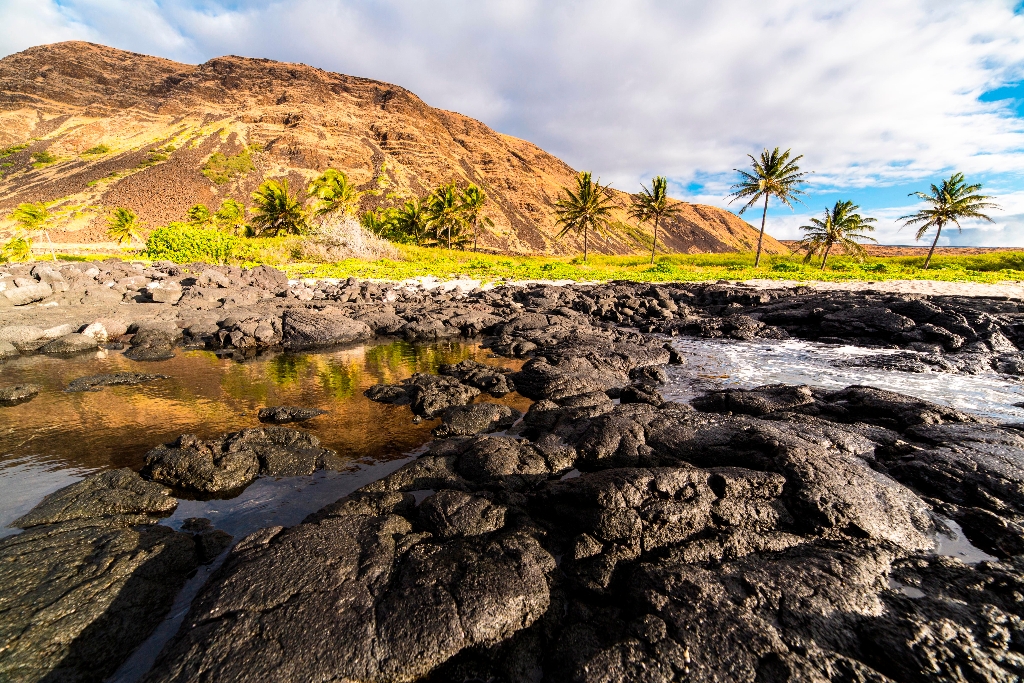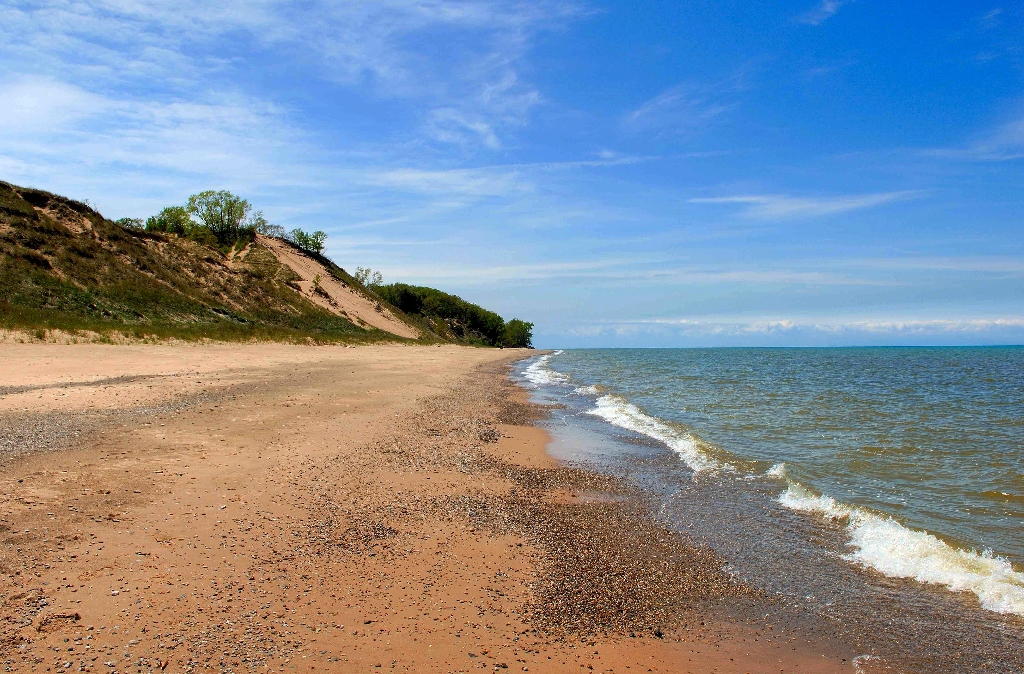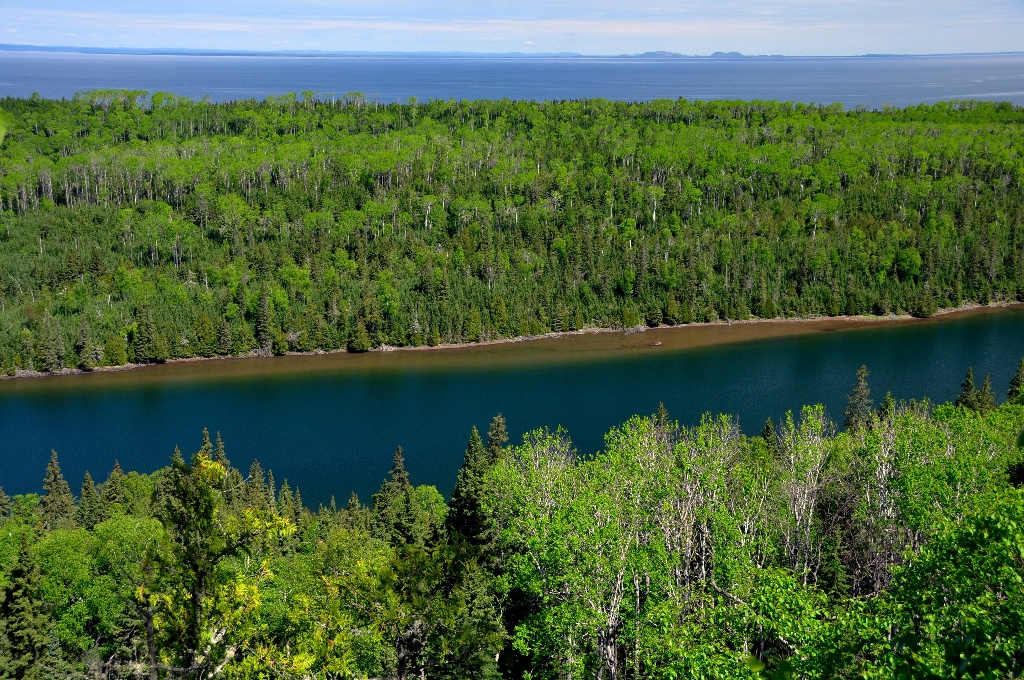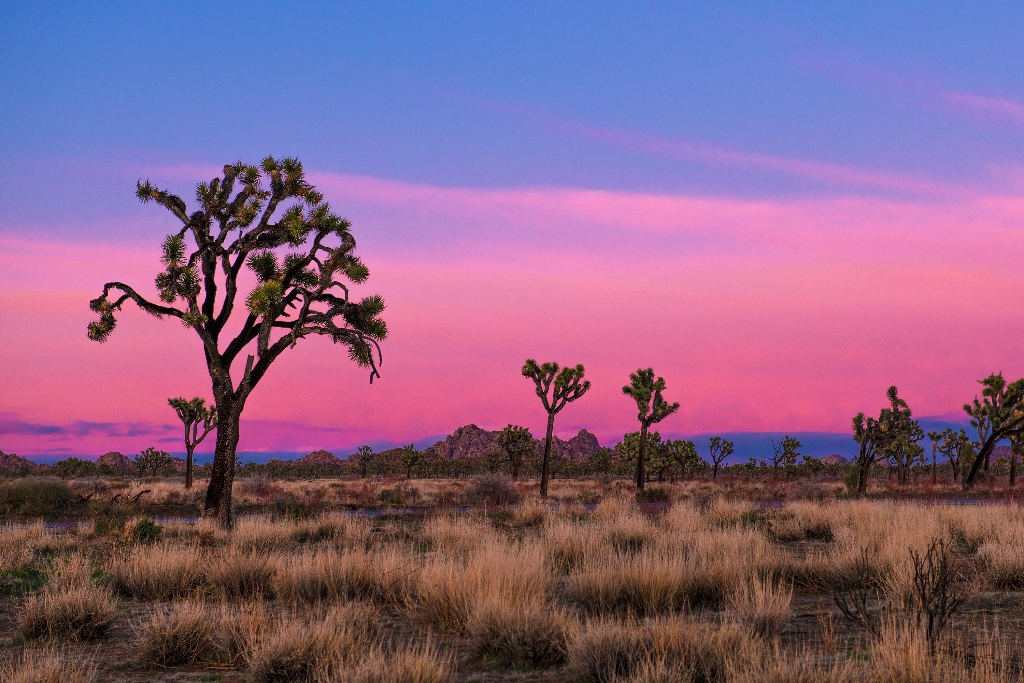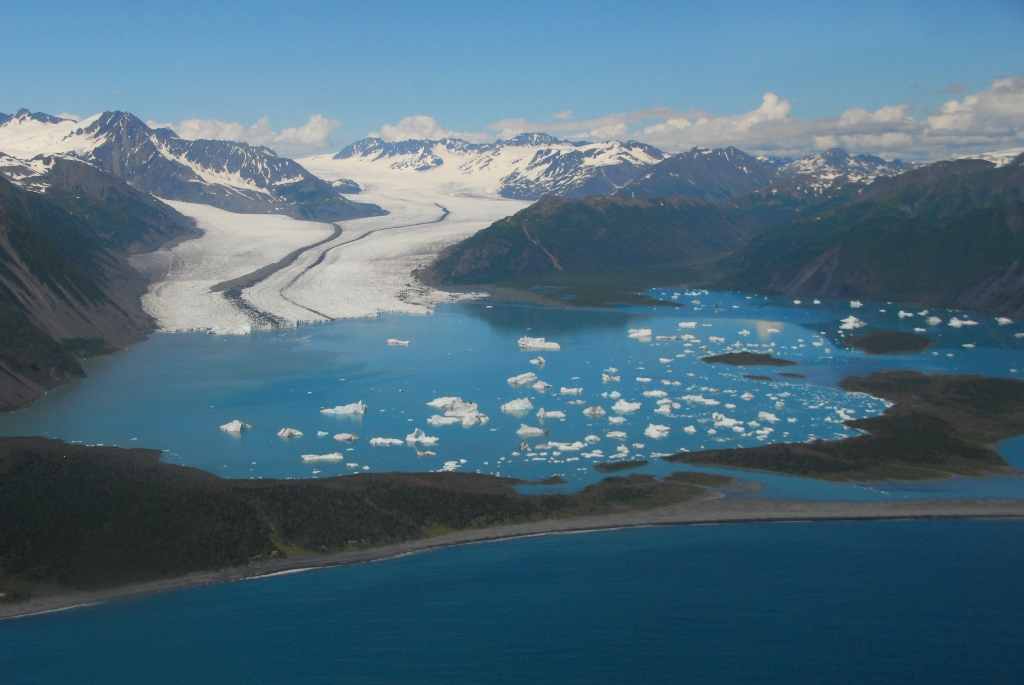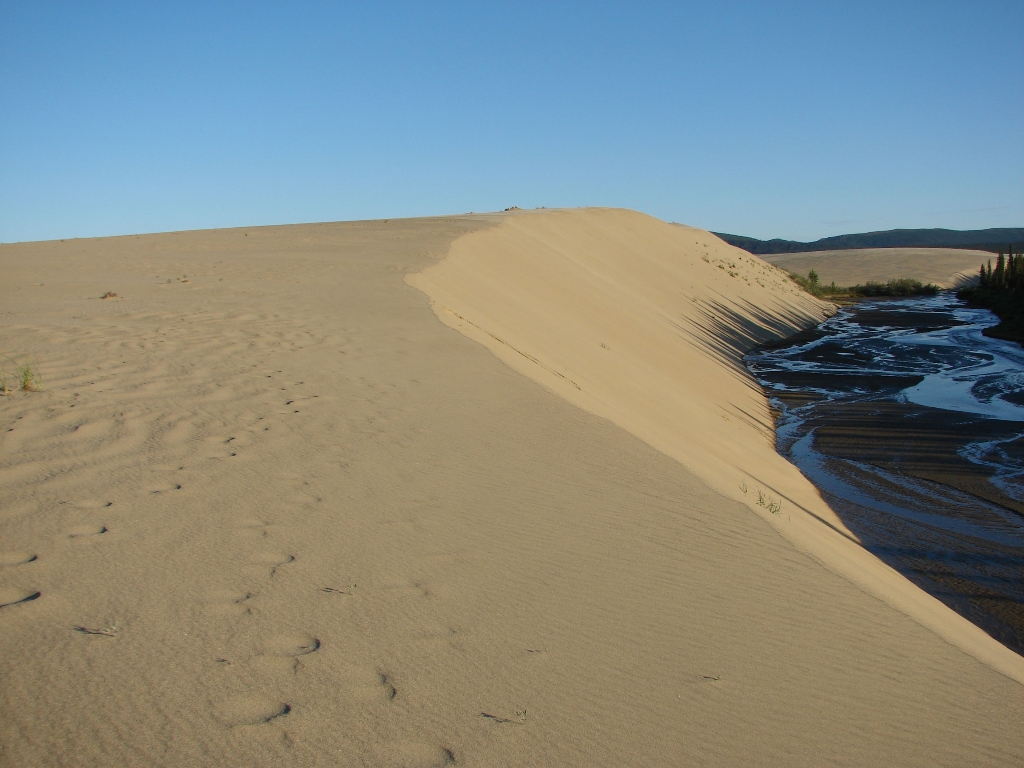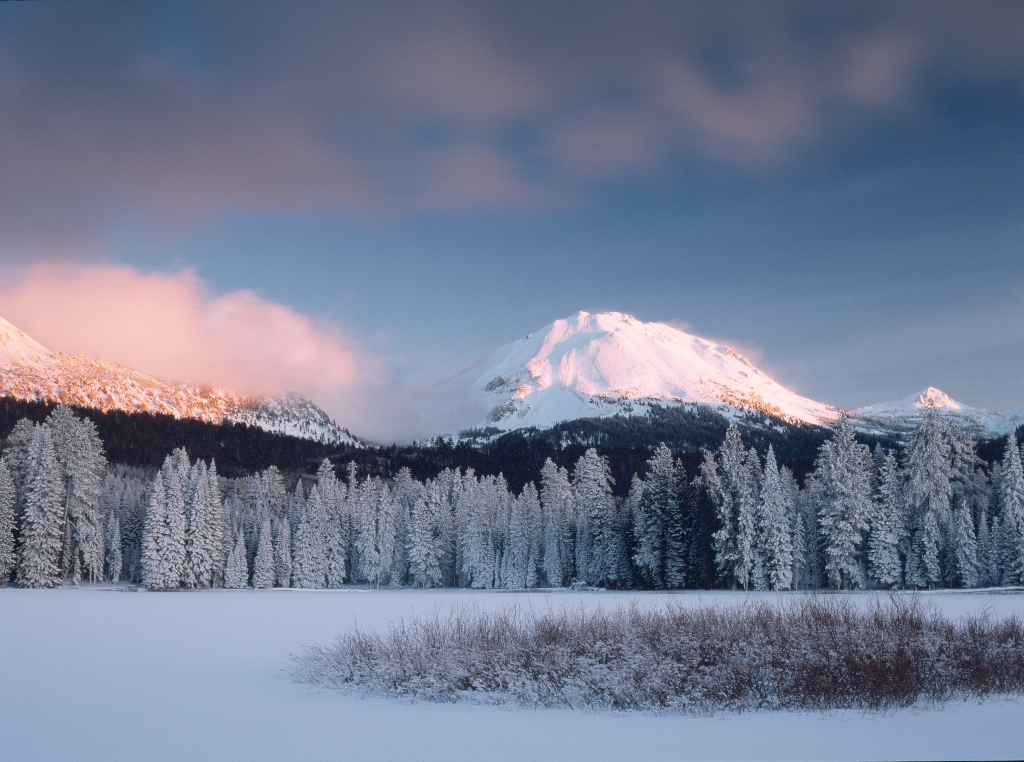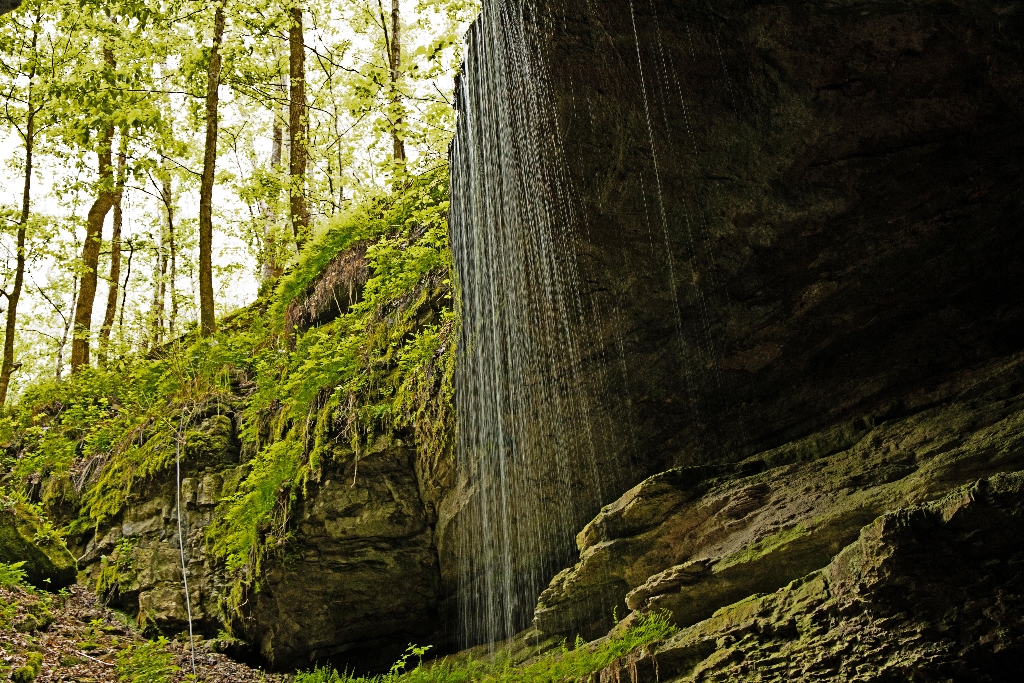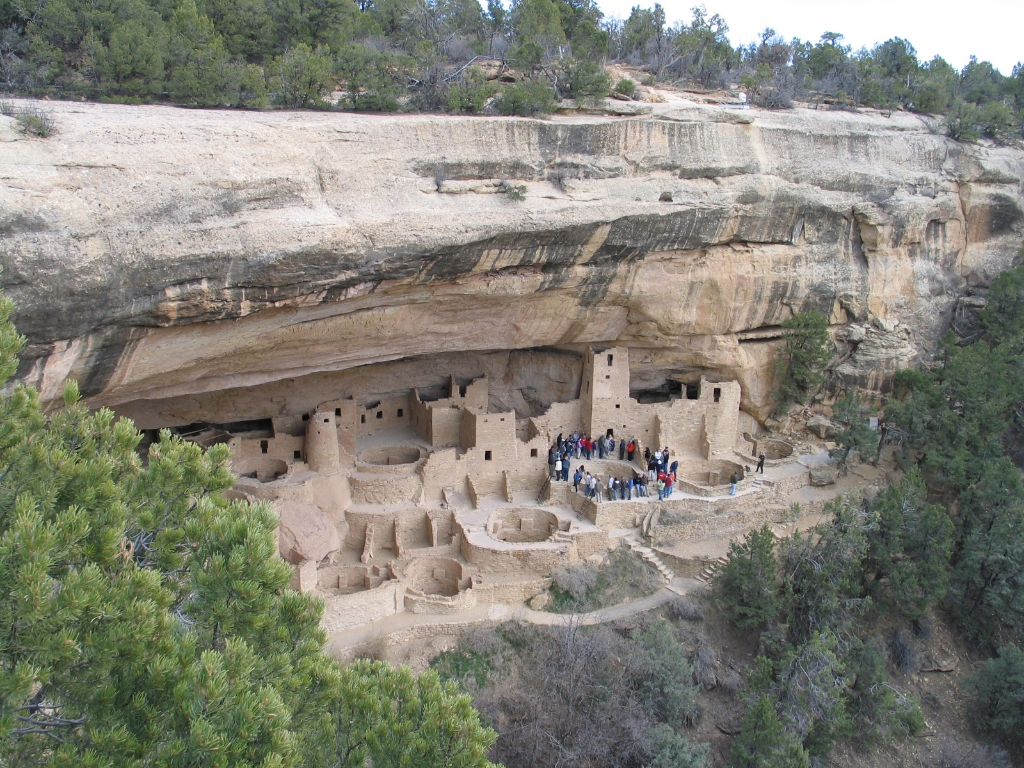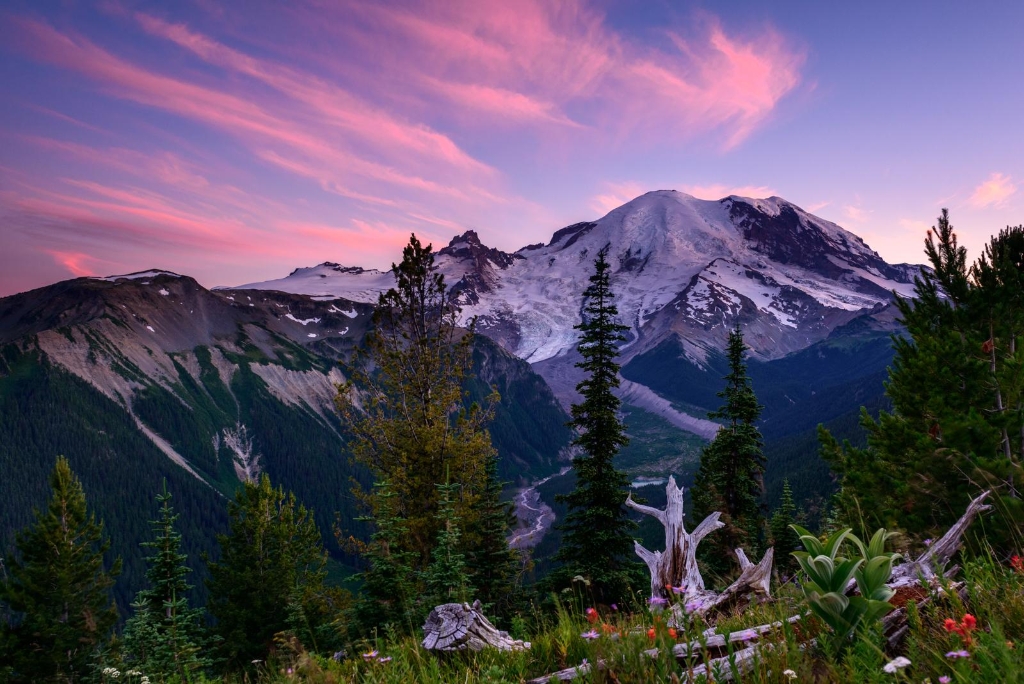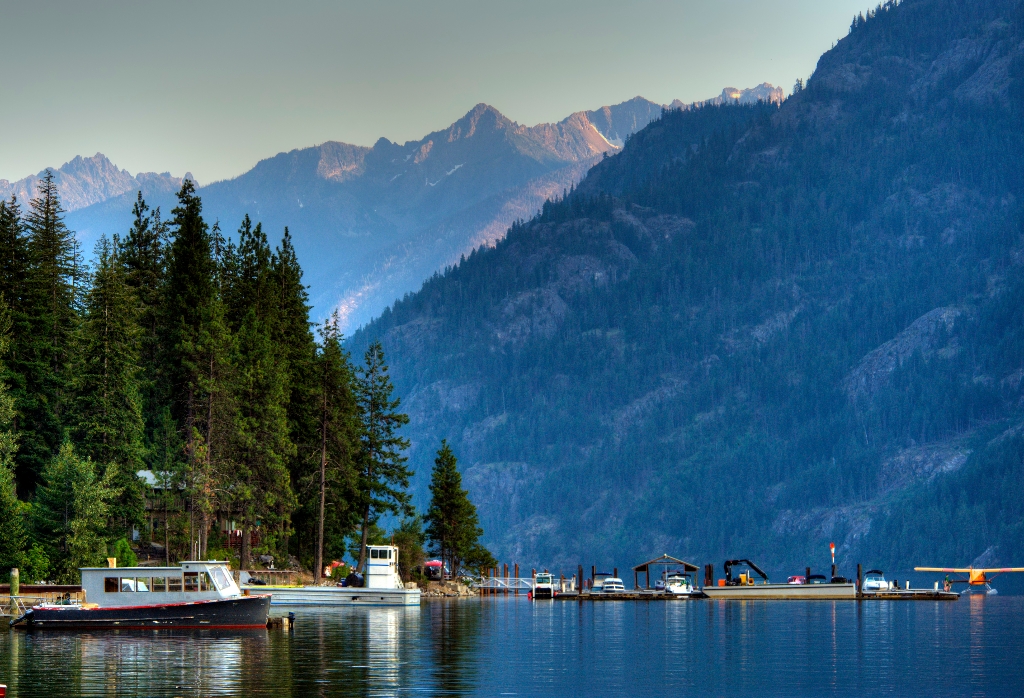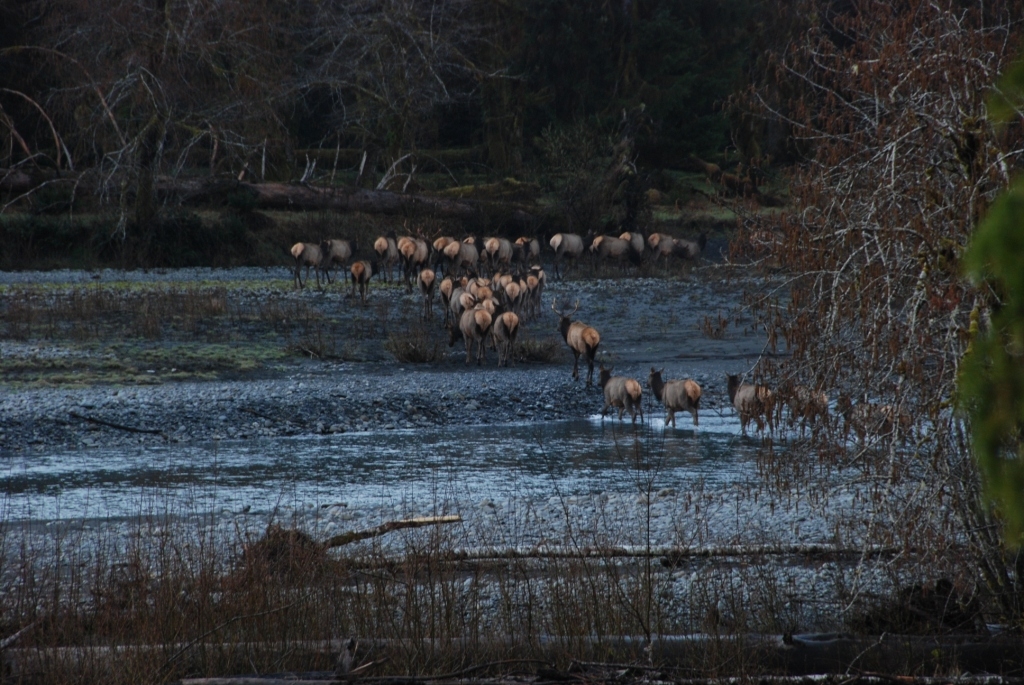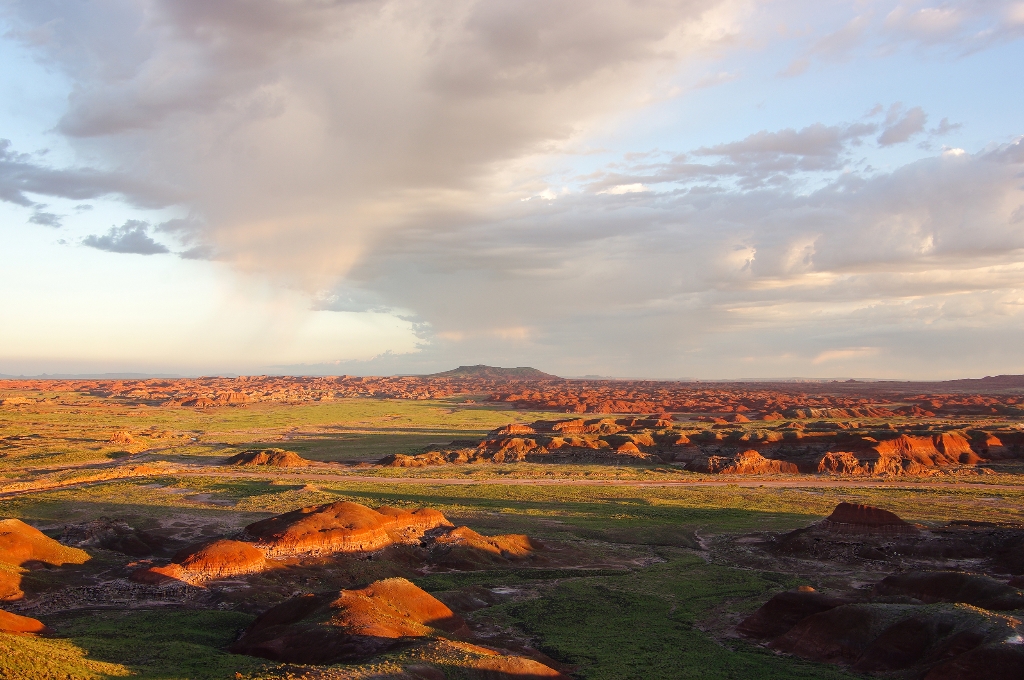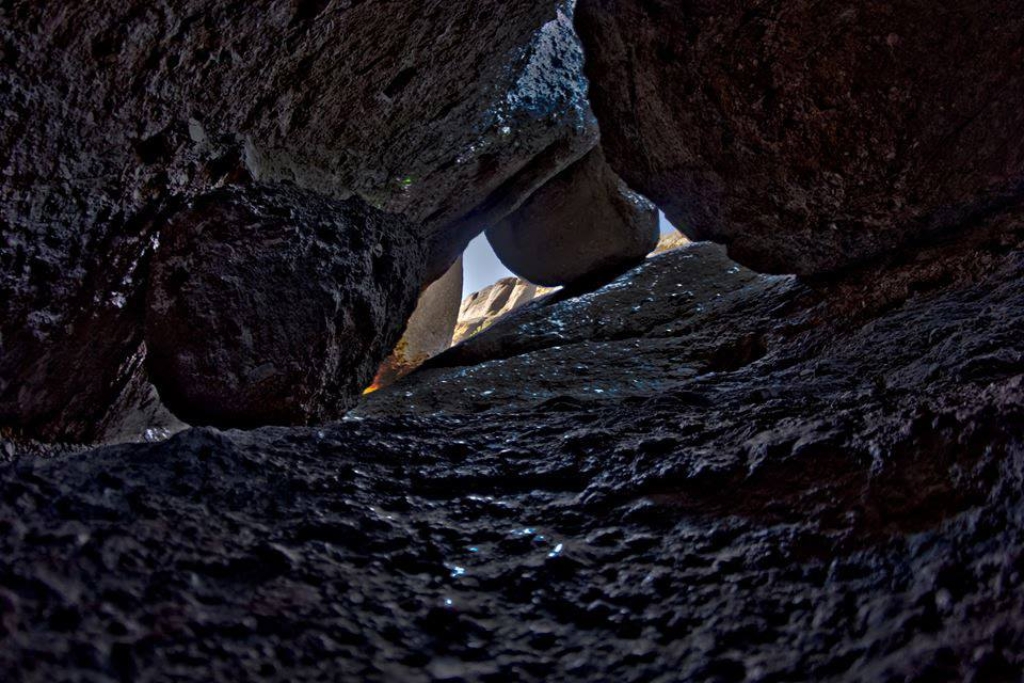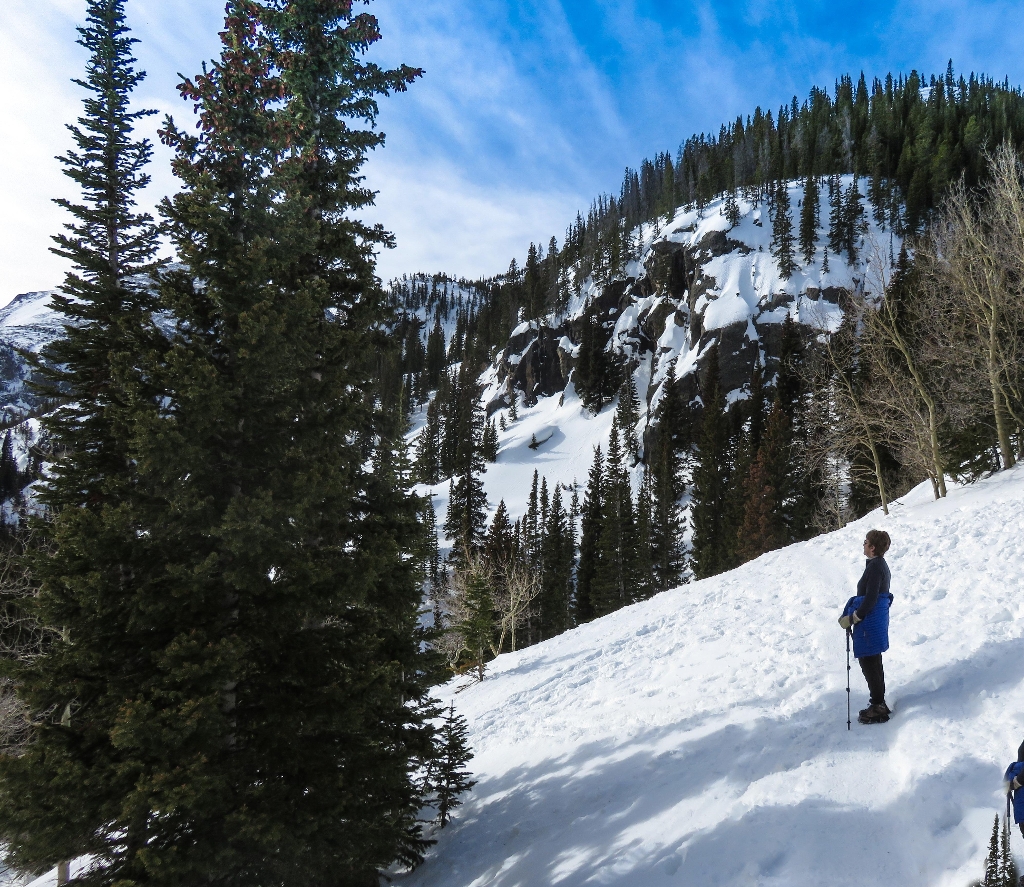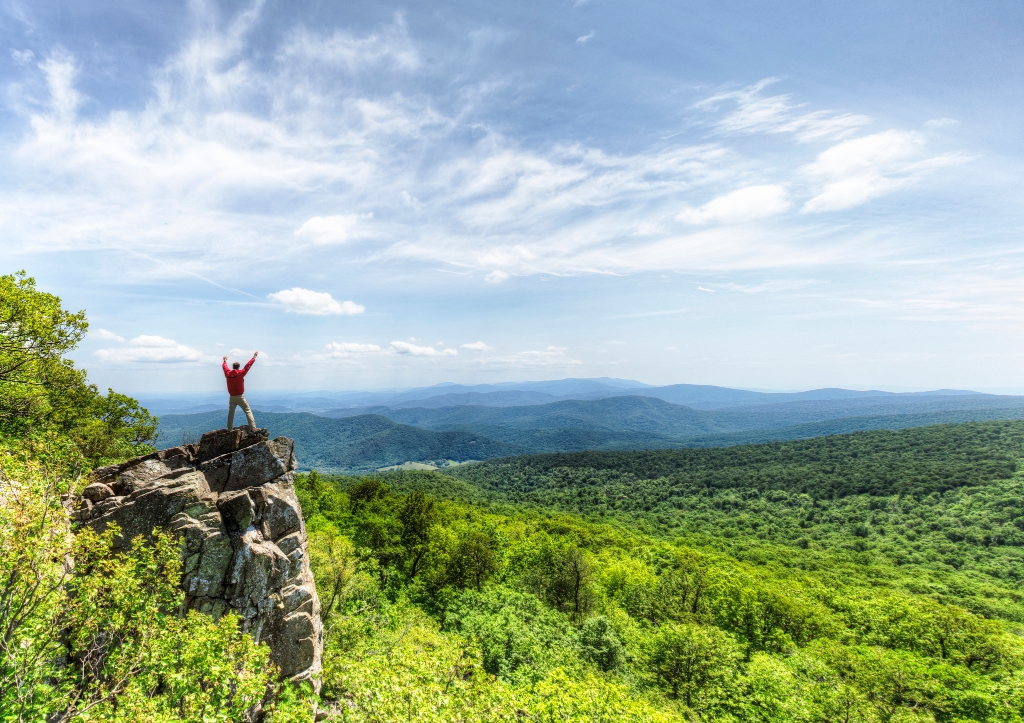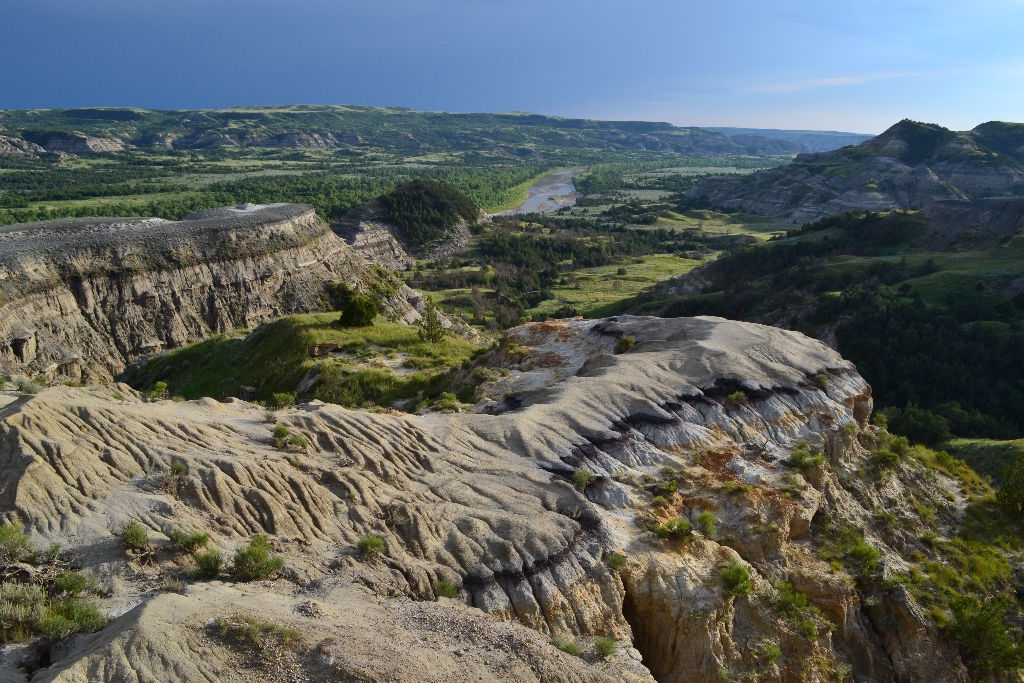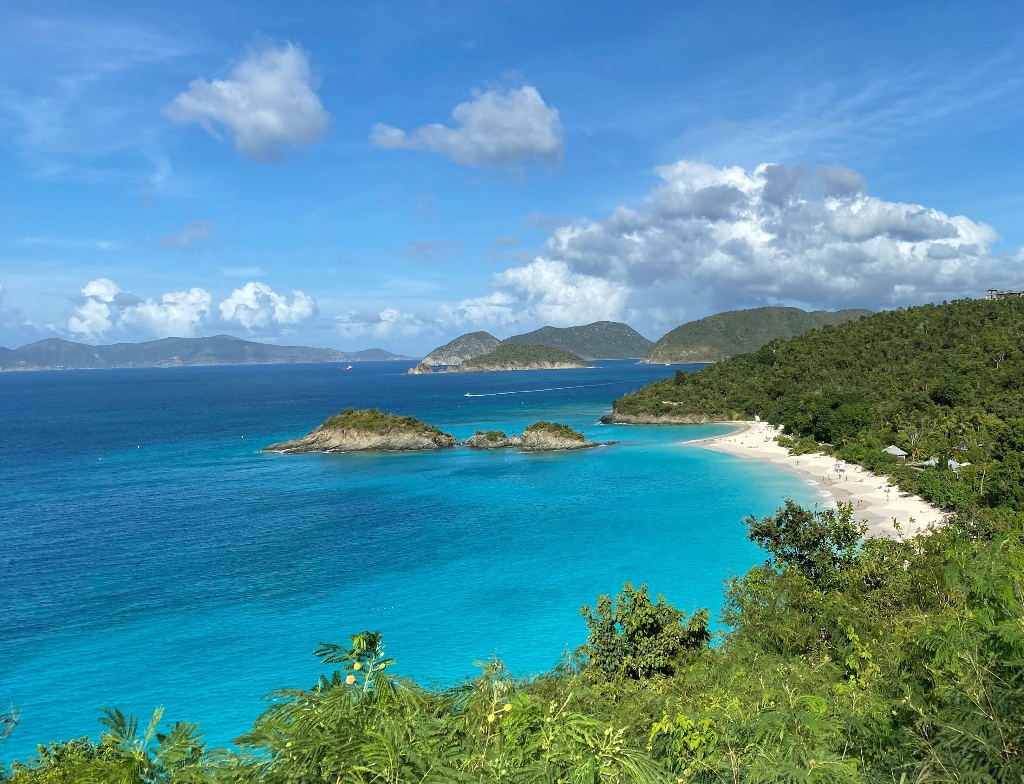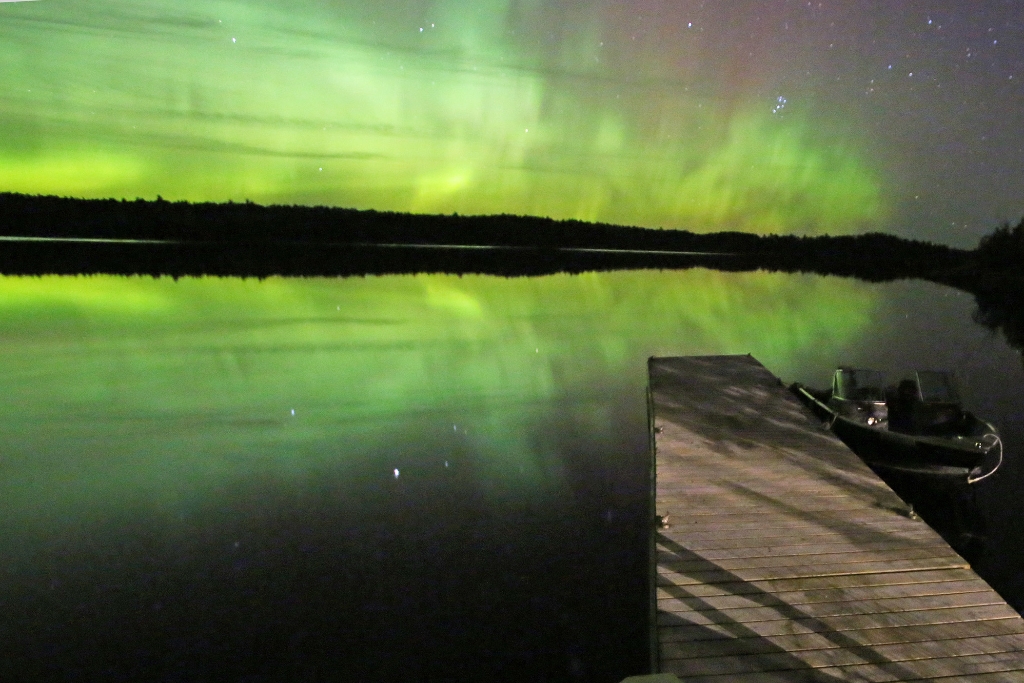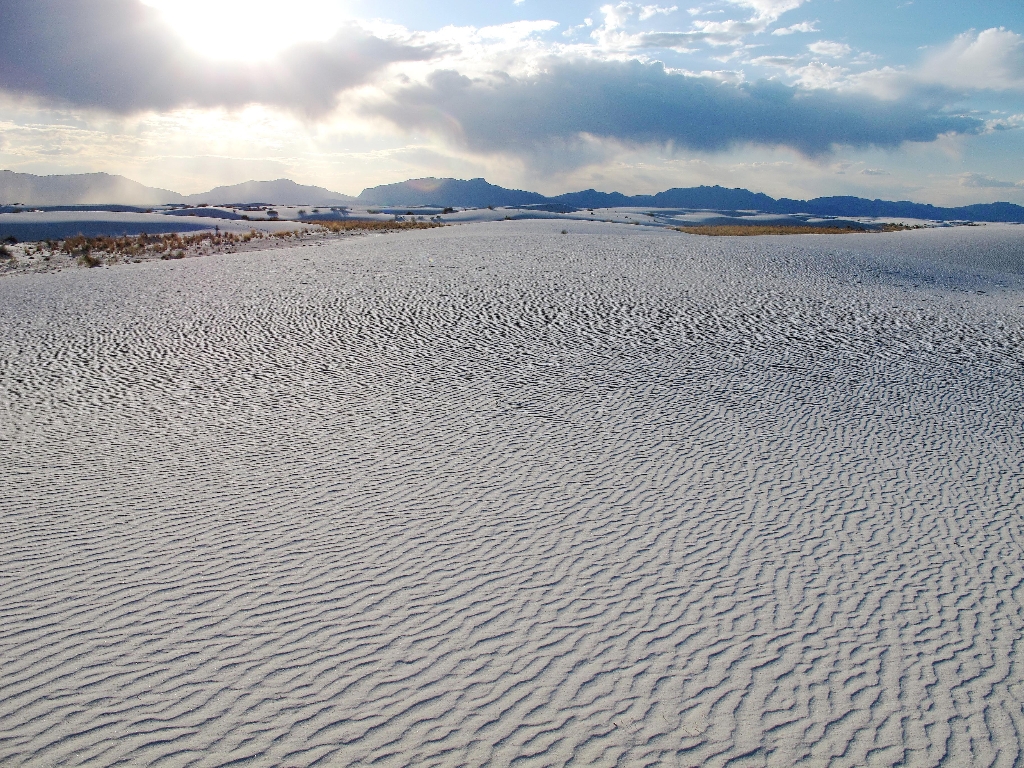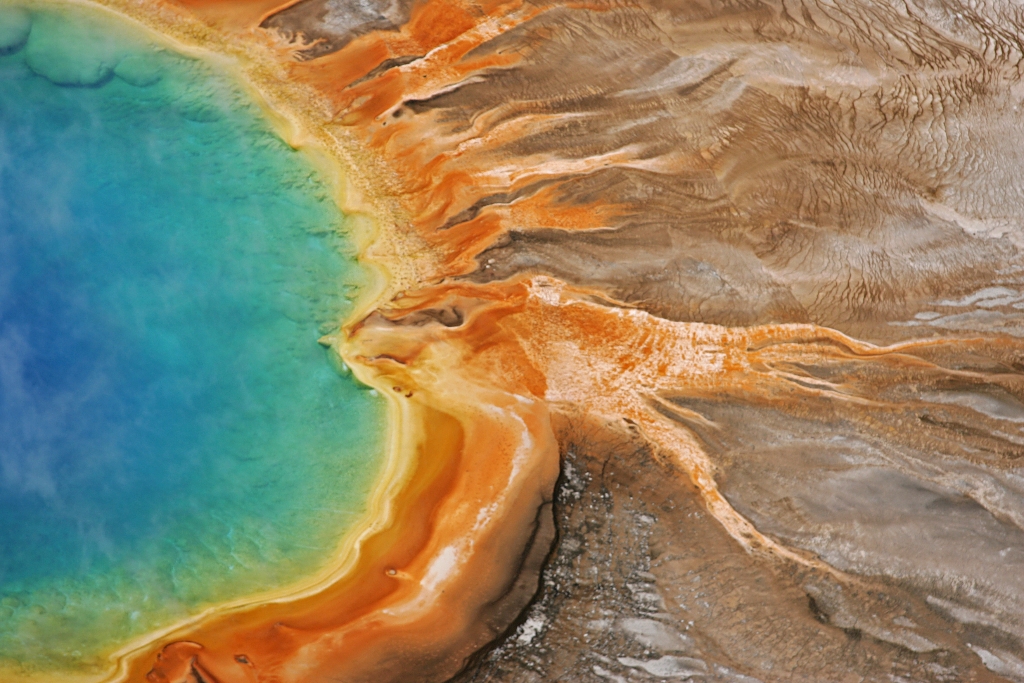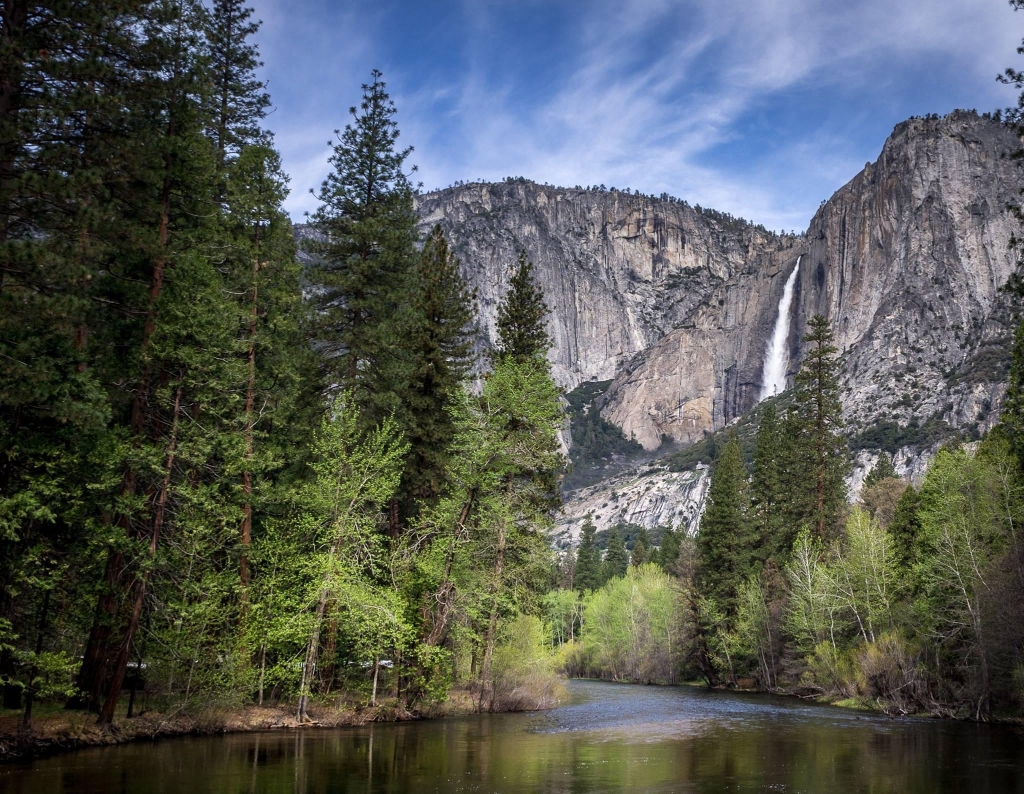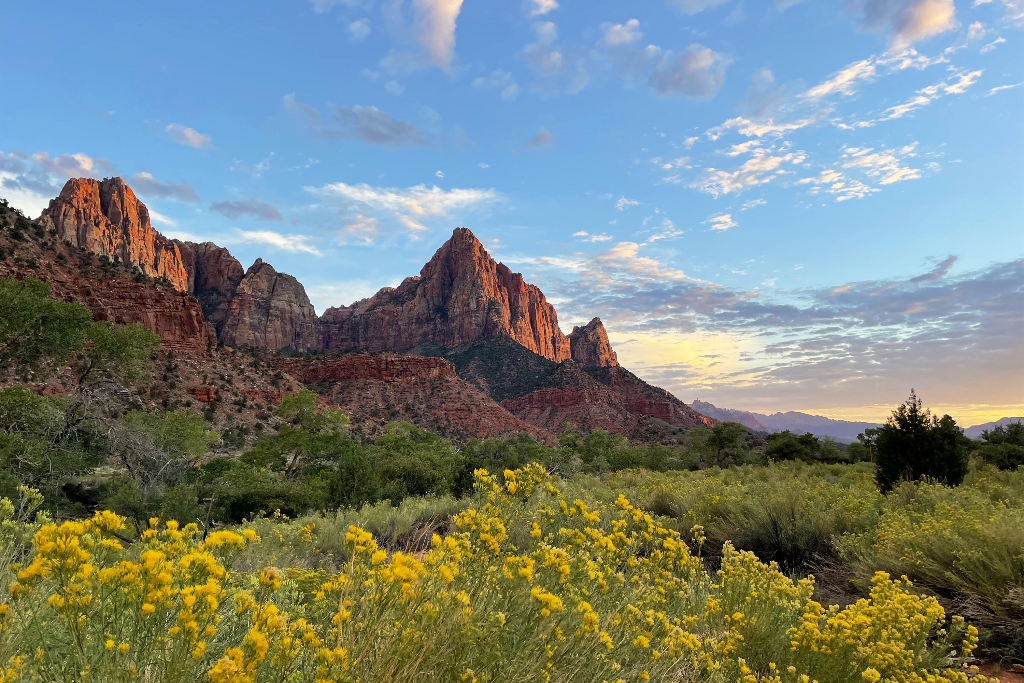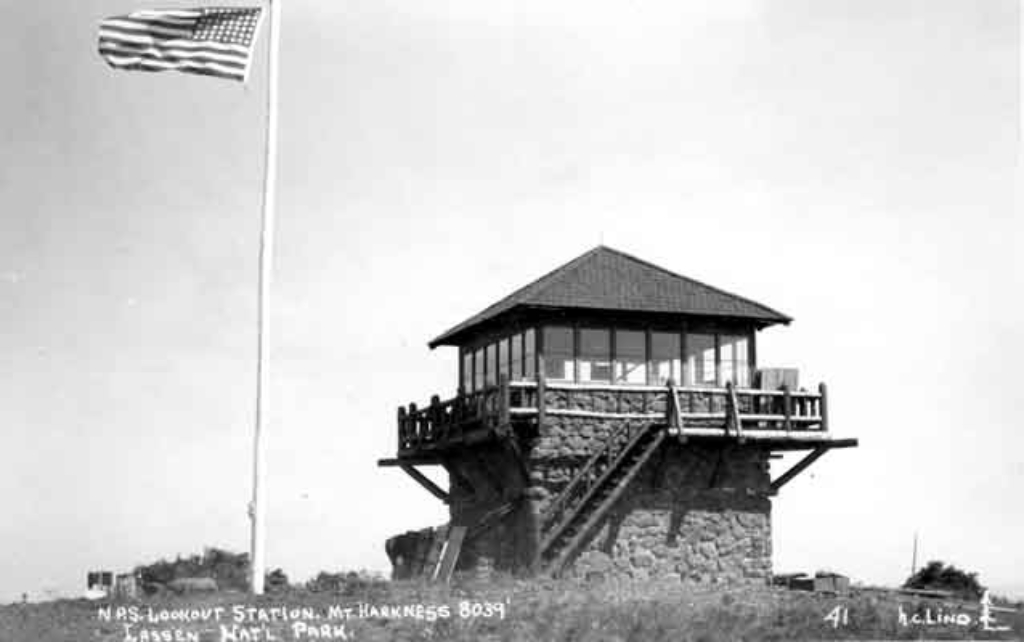
Perched atop Mt. Harkness in the southeast corner of Lassen Volcanic National Park, Mount Harkness Fire Lookout has served as an active fire lookout and visitor destination since its construction in 1930. The rustic style two-story wood and stone structure sits at 8,046 feet elevation on the summit of an ancient shield volcano topped by a cinder cone. Visitors are able to access the summit and lookout by trail from either Juniper Lake or Warner Valley. The shortest and most popular trail climbs 1.9 miles and 1,250 feet from Juniper Lake Campground to the summit. The sweeping vistas from the lookout span from the Three Sisters peaks in Oregon to the north, the Sierra Nevada Mountains to the south, and the Coast Range to the west. Fire staff reside in the lookout in the summer months and share information on the lookout and operations with visitors.
Mt. Harkness Fire Lookout was destroyed in the Dixie Fire in August 2021.
A Model of NPS Rustic Architecture
Mount Harkness Fire Lookout and accompanying pit toilet were constructed primarily of local stone and wood in a style typical for National Park structures built in the 1920s and 1930s. The design philosophy centered on the use of local materials to make structures compatible with their environment and to achieve visual unity among different facilities. The lookout is unusual in comparison to the vast majority of fire lookouts and associated pit toilets in the United States, which are either of wood frame or steel construction. The top level is comprised of a single-room cabin, surrounded on four sides by a wooden catwalk and topped by a pitched wood shingle roof. A wooden staircase climbs the 12 feet to the catwalk and masonry of battered native stone extends from the ground to the windows on the upper floor.
A Classic Fire Lookout
Mount Harkness Fire Lookout continues to use many of the station's original technology and systems. A report to the Director of the National Park Service described the newly constructed facility the year following its construction:
"A fire-lookout station constructed during the season on top of Mount Harkness in Lassen Volcanic National Park is among the finest and best equipped in northern California. In addition to the usual maps and compasses, it contains an Osborne fire finder and a panoramic photograph mounted so that the location of the fire will be shown simultaneously on the photograph and the map when detected by the fire finder. This station serves a triple purpose. In addition to its importance in the fire prevention program of Lassen, it affords visitors, who may easily reach it by trail, an opportunity to view the country through powerful glasses, and it also contains a seismograph, which, in connection with two others, hourly records the slightest quivers of the earth."
While some systems like the seismograph have since been replaced by digital seismic monitoring, the fire observation tools have remained the same. Adopted in the 1850s, classic fire monitoring systems using maps and a compass function without electricity or Internet access (the lookout has neither). The building itself has seen a few upgrades over its many decades of service, including the addition of a weather monitoring station and radio repeater (powered by solar panels) and conversion from a wood to propane stove.
Maintaining a Historic Lookout
Extreme winters, rugged terrain, and regular use leave the Mount Harkness Fire Lookout in regular need of maintenance. In recent years, park staff and partners have replaced the roof and rehabilitated the original wooden doors and windows. In 2019, the park began a new rehabilitation project in partnership with HistoriCorps, a nonprofit dedicated to engaging volunteers on the rehabilitation of historic structures on publicly accessible lands. Between September 15 and 27 a group of HistoriCorps volunteers will work with park staff to remove and repoint failing mortar, replace deteriorated boards on the catwalk, and repair deteriorated window trim and door frames. The HistoriCorps crew will camp at Juniper Lake Campground and then hike up to the project site daily.
Is there something we missed for this itinerary?
Itineraries across USA
